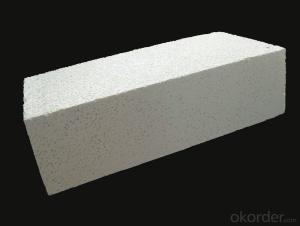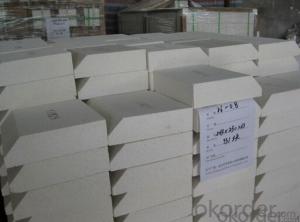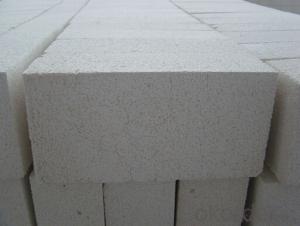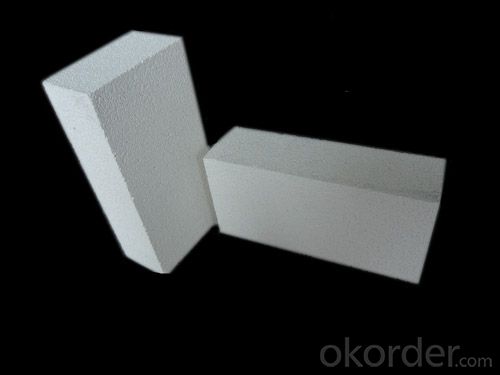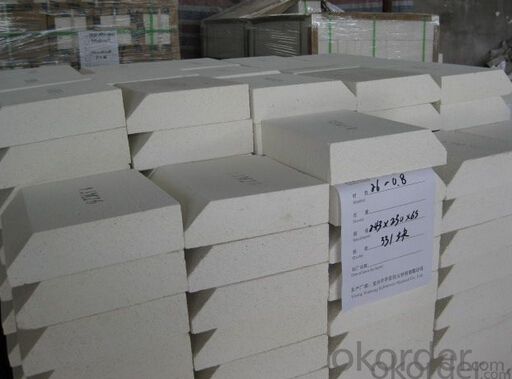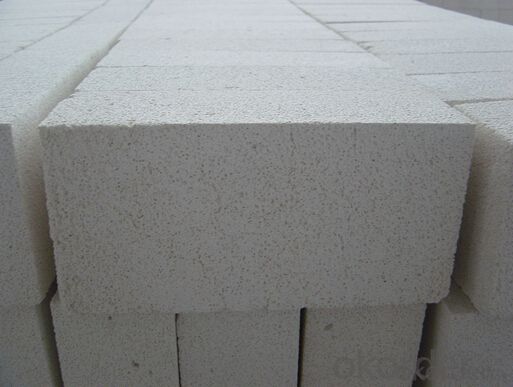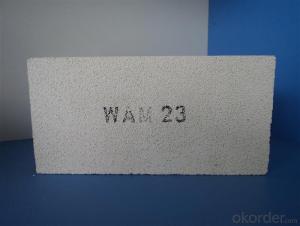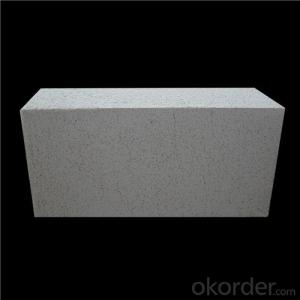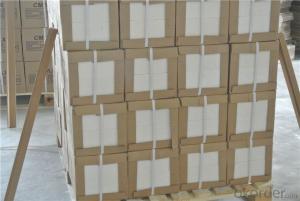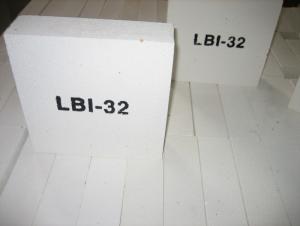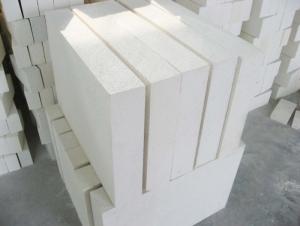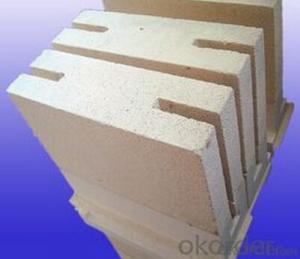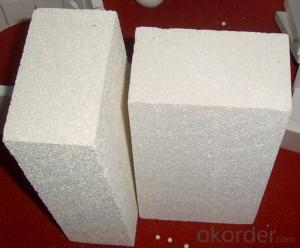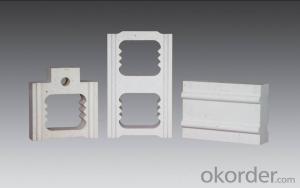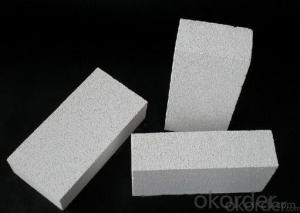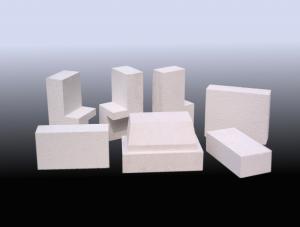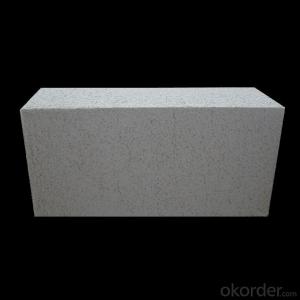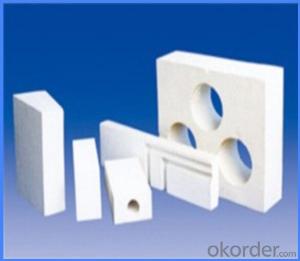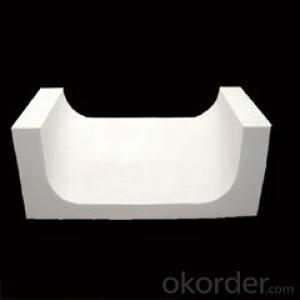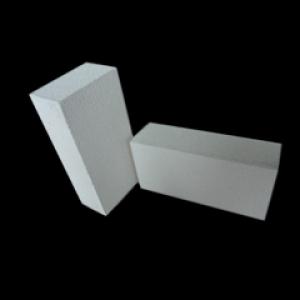Insulating Fire Brick - Refractory Mullite JM 30
- Loading Port:
- Shanghai
- Payment Terms:
- TT OR LC
- Min Order Qty:
- 5000 kg
- Supply Capability:
- 100000 kg/month
OKorder Service Pledge
OKorder Financial Service
You Might Also Like
Top insulation ceramic fiber blanket
General information of ceramic fiber blanket
Cmax ceramic fiber blanket is made of high quality kaolin clay, centrifugal high purity alumina and silica or blowing process. It's no asbestos. Double side acupuncture for easy installation provides a lot of tension or strength of the blanket.
Products are divided into standard, high pressure, HA and Hz, respectively, corresponding to the highest service temperature of 1000, 1100, 1200, and 1350
Characteristics of ceramic fiber blanket
Heat resistance
Light weight
Low thermal conductivity
Low heat storage
Thermal shock toughness
High tensile strength
Application of ceramic fiber blanket
Refractory fiber lining for petrochemical process heating furnace
Heat treatment furnace or intermittent (shuttle) kiln heat surface lining
General oven standby insulation
Heat sealing or kiln kiln car door
Electrical insulation
Ceramic fiber blanket
Common problem solutions
1. What products do you have?
We have all kinds of refractory bricks, refractory casting materials, mortar, cement, ceramic fiber products, etc..
Or you can browse our products to choose what you need.
2. How to control product quality?
With strict quality control system throughout the material selection and production process, we have the quality of refractory materials and ceramic fiber products to meet customer requirements.
From the selection of raw materials, the quality of our control to start. The quality certificate of the raw material is required, each batch of the products are to be tested in the use of the forward line. In the production process, the quality control by the workers, and then each piece of classification, and through the quality supervision and inspection.
3. Can you give me a brief introduction to the application of your product?
My company is mainly engaged in refractories in the steel, cement, glass, ceramics, petrochemical, electric power and other industries.
4. What information do you need if I need you?
In order to select the right products, we will provide us with information, such as the United States, technical data, order quantity, product application, etc..
If you have any questions, please contact us.
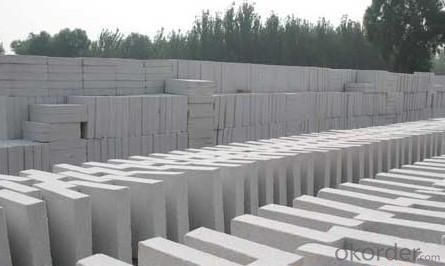
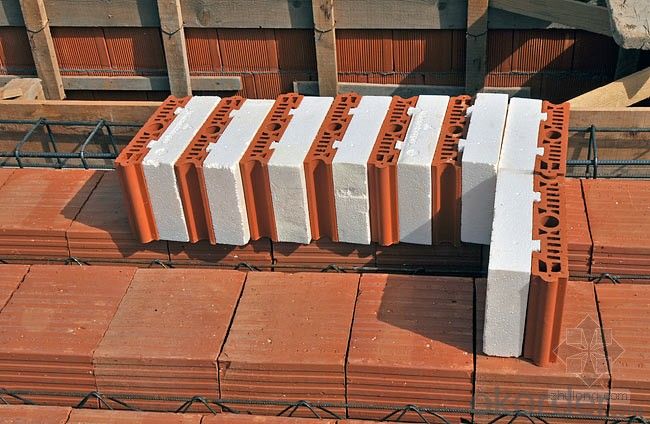
FAQ
1. Which products do you have?
We have all kinds of refractory brick, castable, mortar, cement, ceramic fiber products, etc.
Or you could browse our products to choose what you need.
2. How do you control the products quality?
With strict quality control system throughout the materials selection and production process, our refractory and ceramic fiber products quality is effectively controlled to meet customer requirements.
From the raw materials selecting, our quality control begin. The quality certificates of raw materials are required and each batch will be tested before using. During production, the quality control are conducted by workers and then each piece will be sorted and examined by quality supervise.
3. Can you give me a brief introduction of the application of your products?
We are mainly specializing in the refractory materials in iron and steel, cement, glass, ceramics, petrochemical, electric power Industry, etc.
4. If I need your offer, what information do you need?
In order to choose suitable products, it will be appreciated to provide us the information, such us specification, technical data, order quantity, products application etc.
If any question, please contact us freely.
- Q: How do insulating fire bricks affect the overall energy consumption of a structure?
- A structure's overall energy consumption can be greatly reduced by the use of insulating fire bricks. These specialized bricks are designed to have low thermal conductivity, effectively preventing heat transfer. Installing them in the walls, floors, and roofs of a building significantly minimizes heat loss or gain through these surfaces. One major advantage of insulating fire bricks is their ability to improve a structure's thermal insulation. Heat naturally moves from hotter to cooler areas, causing buildings to experience heat loss in cold winters and heat gain in hot summers. By acting as a barrier, insulating fire bricks limit the transfer of heat through the building envelope. This insulation helps maintain a stable indoor temperature and reduces the need for excessive heating or cooling, resulting in lower energy consumption. Moreover, these bricks also enhance the overall energy efficiency of a structure by optimizing the performance of heating and cooling systems. Since they minimize heat transfer, the heating system can operate more efficiently without compensating for heat loss. Similarly, air conditioning systems can effectively cool the building with reduced heat gain. This efficient operation of HVAC systems leads to lower energy consumption and decreased energy demand for the structure. Additionally, insulating fire bricks contribute to the sustainability of a structure by reducing its carbon footprint. With reduced energy consumption, these bricks help lessen the environmental impact associated with the building. The decreased energy usage benefits not only the environment but also the occupants, as it results in lower utility bills and makes the structure more cost-effective in the long term. In conclusion, insulating fire bricks have a significant impact on a structure's overall energy consumption. Their excellent thermal insulation properties minimize heat loss or gain, improve the efficiency of heating and cooling systems, and contribute to the sustainability of the structure. Incorporating these bricks into the construction or renovation process effectively reduces energy consumption, resulting in a more energy-efficient and environmentally friendly building.
- Q: Are insulating fire bricks resistant to flame penetration?
- Yes, insulating fire bricks are resistant to flame penetration.
- Q: How do insulating fire bricks compare to other insulation materials?
- Insulating fire bricks are highly effective insulation materials that offer several advantages over other insulation materials. First and foremost, insulating fire bricks have excellent thermal properties, meaning they can efficiently prevent the transfer of heat. They have a low thermal conductivity, which allows them to effectively insulate against high temperatures. This makes them ideal for use in applications where heat retention is crucial, such as furnaces, kilns, and fireplaces. Compared to other insulation materials like fiberglass or mineral wool, insulating fire bricks are much more durable and long-lasting. They can withstand extremely high temperatures without losing their insulating properties or structural integrity. This durability makes them a cost-effective choice since they require less frequent replacement. Another advantage of insulating fire bricks is their ability to resist chemical attack and wear. They are resistant to acids, alkalis, and other corrosive substances, making them suitable for applications involving harsh chemicals or environments. Furthermore, insulating fire bricks have a high compressive strength, allowing them to bear heavy loads without cracking or breaking. This makes them suitable for use in structural applications where weight-bearing capacity is essential. In terms of installation, insulating fire bricks are easy to work with. They can be cut, shaped, and installed using basic tools, allowing for customization and flexibility in different applications. They are also lightweight, which simplifies the installation process and reduces the overall weight of the structure. Overall, insulating fire bricks offer superior insulation properties, durability, resistance to chemicals, and ease of installation compared to other insulation materials. Their ability to withstand high temperatures, resist wear and tear, and provide long-lasting insulation make them an excellent choice in various industrial and domestic settings.
- Q: Can insulating fire bricks be used in rocket stoves?
- Yes, insulating fire bricks can be used in rocket stoves. In fact, they are often preferred for their high insulation properties. Insulating fire bricks are made from lightweight refractory materials, such as silica, which have low thermal conductivity. This means that they are able to withstand high temperatures while minimizing heat loss, making them an ideal choice for rocket stoves. Rocket stoves are designed to efficiently burn biomass fuel, such as wood or charcoal, by creating a combustion chamber with a vertical chimney. The insulating fire bricks can be used to construct the combustion chamber and line the chimney, ensuring that the heat generated by the fire is effectively contained and directed towards the cooking surface. By using insulating fire bricks, rocket stoves can achieve higher temperatures and maintain them for longer periods of time. This results in more efficient and effective cooking, as well as reduced fuel consumption. Additionally, the insulating properties of these bricks also help to protect the surrounding environment from excessive heat, reducing the risk of accidental burns or fires. Overall, insulating fire bricks are a suitable choice for rocket stoves due to their ability to withstand high temperatures, minimize heat loss, and improve the efficiency of the cooking process.
- Q: Can insulating fire bricks be used in ceramic industry kilns?
- Yes, insulating fire bricks can be used in ceramic industry kilns. These bricks are designed to withstand high temperatures and provide excellent insulation, making them suitable for use in kilns where high heat retention and energy efficiency are important.
- Q: Can insulating fire bricks be used in the construction of hot water boilers?
- Yes, insulating fire bricks can be used in the construction of hot water boilers. Insulating fire bricks are specially designed to withstand high temperatures and provide excellent thermal insulation. They have low thermal conductivity, which helps to reduce heat loss and improve the overall energy efficiency of the boiler. These bricks also have good resistance to thermal shock, making them suitable for the intense heat generated in hot water boilers. Additionally, their lightweight nature makes them easier to handle and install in the boiler, making them a popular choice for insulation purposes in hot water boiler construction.
- Q: Are insulating fire bricks resistant to molten metals?
- Insulating fire bricks, in general, exhibit resistance to molten metals. These bricks are composed of refractory materials with high melting points and exceptional thermal insulation properties, rendering them appropriate for high-temperature scenarios involving molten metals. The insulation capabilities of these bricks serve to curtail heat transfer, thereby preventing the conduction of heat from the molten metal through the brick. Furthermore, the refractory materials employed in these bricks possess minimal thermal expansion, enabling them to endure the thermal shock that may arise upon contact with molten metals. However, it is important to acknowledge that the resistance of insulating fire bricks to molten metals may vary based on factors such as metal type, temperature, and duration of exposure. Hence, it is advisable to consult the manufacturer or a professional to ascertain the suitability of insulating fire bricks for the specific application involving molten metals.
- Q: Can insulating fire bricks be cut to size?
- Yes, insulating fire bricks can be cut to size using various cutting tools such as saws or knives.
- Q: Is it possible to cut insulating fire bricks to fit custom shapes?
- Yes, it is possible to cut insulating fire bricks to fit custom shapes. Insulating fire bricks are made from lightweight materials such as ceramic fiber, which can be easily cut or shaped using various tools. Common methods for cutting insulating fire bricks include using a saw, knife, or even a hot wire cutter. It is important to follow proper safety precautions and wear protective gear when cutting these bricks, as the cutting process may produce dust or sharp edges. With the right tools and techniques, it is possible to cut insulating fire bricks to fit any desired custom shape.
- Q: Can insulating fire bricks be used in chimneys or flue systems?
- Yes, insulating fire bricks can be used in chimneys or flue systems. Insulating fire bricks are designed to withstand high temperatures and provide excellent thermal insulation. Their ability to resist heat makes them suitable for lining chimneys and flue systems, helping to reduce heat loss and improve overall efficiency.
Send your message to us
Insulating Fire Brick - Refractory Mullite JM 30
- Loading Port:
- Shanghai
- Payment Terms:
- TT OR LC
- Min Order Qty:
- 5000 kg
- Supply Capability:
- 100000 kg/month
OKorder Service Pledge
OKorder Financial Service
Similar products
Hot products
Hot Searches
Related keywords

